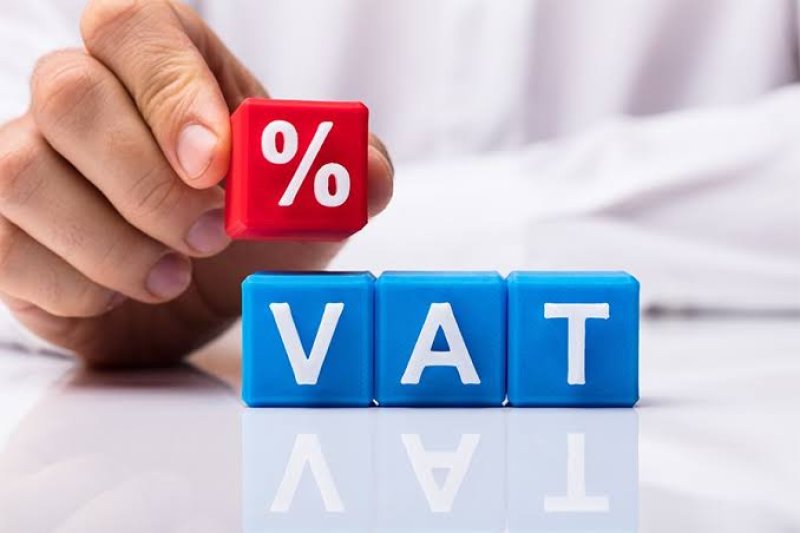
The proposals include adjustments to existing tax structures, the introduction of new levy applications, and institutional reforms to modernize tax administration.
Key Revenue Proposals:
VAT and Social Security Levy on Imported Coconut and Palm Oil
The government will remove the Special Commodity Levy on imported coconut oil and palm oil and instead apply the general tax structure including Value Added Tax (VAT) and the Social Security Contribution Levy, effective April 2026.
Lowering the VAT Registration Threshold
The annual turnover threshold for VAT and Social Security Contribution Levy registration will be reduced from Rs. 60 million to Rs. 36 million, effective 01 April 2026.
CESS Removal and VAT Imposition on Imported Fabric
The current CESS of Rs. 100 per kg on imported fabric will be removed, and VAT will be imposed instead, effective April 2026.
Social Security Levy on Vehicles
The Social Security Contribution Levy will be charged at the point of import, manufacture, and sale of vehicles, while being exempted for after-sales, effective April 2026.
Implementation of the National Tariff Policy
Customs Import Duty rates will be revised to 0%, 10%, 20%, and 30%, under a phased plan aimed at gradually removing para-tariffs while maintaining revenue stability.
Improving Tax Audit Processes
A modernized tax audit framework will be introduced for tax returns filed from January 2026 to reduce inefficiencies and prevent irregular contact between officials and taxpayers.
Amendments to the Telecommunications Tax Act
Revisions will be introduced to reflect changes in telecommunication taxation, including the inclusion of costs such as bad debts incurred by service providers.
Development of a National Electronic Invoicing System
An integrated API-based electronic invoicing system will be implemented to ensure seamless connectivity between taxpayer enterprise systems and the Revenue Administration Management System (RAMS), following a pilot project later this year.
New Office Complex for the Department of Inland Revenue
A sum of Rs. 2,000 million has been proposed for establishing a new centralized office complex for the Department of Inland Revenue, after feasibility studies and site selection.